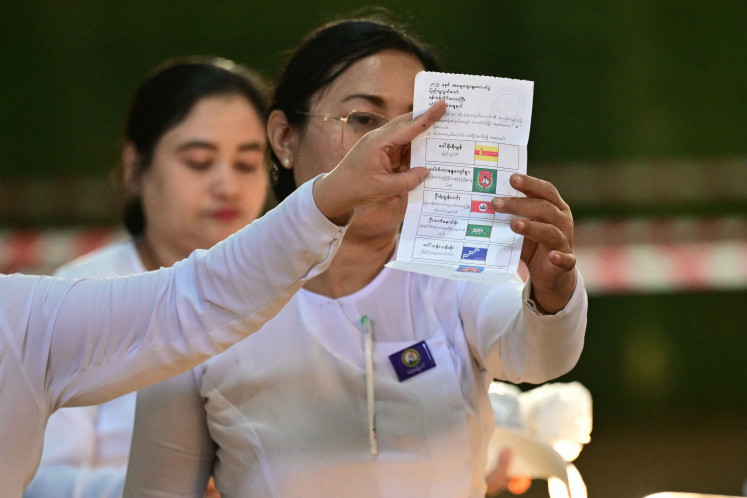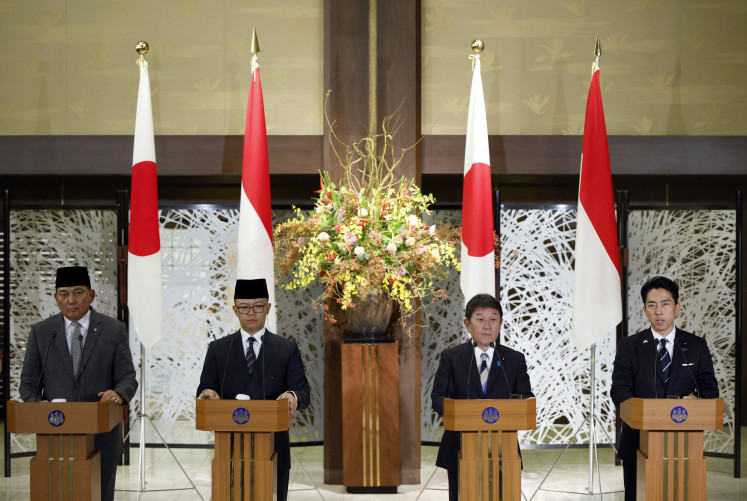Popular Reads
Top Results
Can't find what you're looking for?
View all search resultsPopular Reads
Top Results
Can't find what you're looking for?
View all search resultsLabor at work and the dynamics of change
At the forefront of the context is the relationship between the labor force and related standards to guarantee that “labor is not a commodity”, and that the human face at work needs protection in the form of human rights.
Change text size
Gift Premium Articles
to Anyone
T
he fluctuating international context compels Southeast Asian states and beyond to recalibrate their labor laws, policies and practices. This is particularly critical at a time of great demographic changes, such as declining and aging populations in parts of the globe, compromised by a more transactional and conditional world of quid pro quo. Thailand faces an inflection point on this front, requiring dynamic adjustments.
At the forefront of the context is the relationship between the labor force and related standards to guarantee that “labor is not a commodity”, and that the human face at work needs protection in the form of human rights. The International Labour Organization (ILO) is the key standard setter, even preceding the birth of the United Nations, and is now also a specialized UN agency. It has evolved 192 conventions, the latest being on biological hazards confronting the health and well-being of workers.
These conventions are complemented by the UN’s own family of human rights standards, especially the International Covenant on Economic, Social and Cultural Rights (ICESCR), which is sometimes clearer than ILO conventions and helps to reinforce them.
The most poignant query today is the right to strike, which has proved to be a thorn in the interpretation of ILO Convention No. 87 on freedom of association and the right to organize. While some claim that this does not cover the right to strike, the ICESCR explicitly stipulates the right to strike and over 100 countries, including Thailand, are parties to this covenant. The issue of whether ILO Convention No. 87 covers such a right is now before the International Court of Justice for clarification.
From a more political angle, nondemocratic regimes are often less comfortable with political rights such as freedom of expression and peaceful assembly when compared to social rights such as access to education. A comprehensive response advocates respect for the full range of civil, political, economic, social and cultural rights, requiring astute and principled diplomacy-cum-levers.
The need to avoid a UN silo approach is also important. The UN Human Rights Council has been constructive in recent years in underlining that “labor rights are human rights”. For this reason, the fate of thousands of seafarers stuck on the high seas and elsewhere due to the COVID-19 pandemic led to amendments of the ILO’s Maritime Labour Convention, and social security is a key concern interrelated with the world of work.
Another area where labor at work interfaces with the changing international context is related to wars or armed conflicts. Do labor standards apply in such volatile situations? Although difficult, some labor standards such as ILO Convention No. 29 on forced labor have been applied, for example, with regard to the “comfort women” abused for sexual purposes during the Second World War.



















